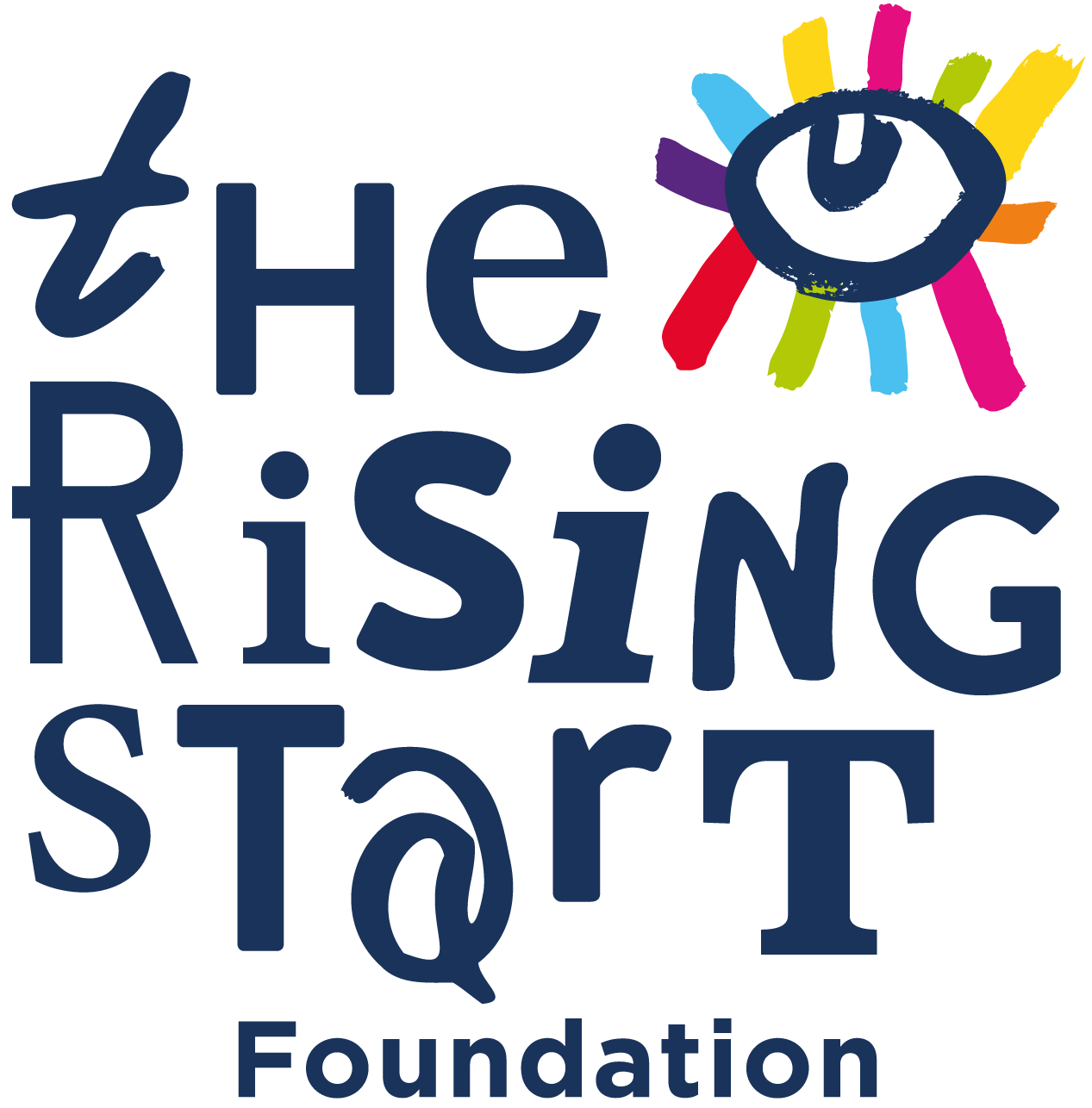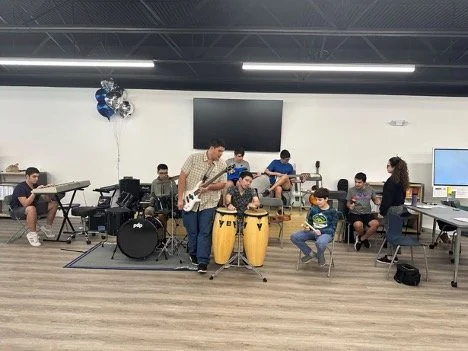Why Music Matters
There’s something about music that moves our soul. Music has been central to people of every culture for thousands of years. The first song ever composed dates back to the 14th century BC, “The Hurrian Hymn #6”, serving as an ode to goddess Nikkal in the ancient Middle East. Mozart, Beethoven, and Tchaikovsky composed music over 250 years ago that thrilled audiences then and still fills concert halls to the brim worldwide today. Talk about moving souls, have you been to a Taylor Swift’s Eras Tour concert lately?
Music is a universal language, one that is understood across many borders, whether it be physical, social, or economic. Imagination and creativity convert very personal thoughts, feelings, and emotions into a language that words can never adequately express. Music is a form of expression that lets us present ourselves in ways that may be hard for us to do verbally and let others discover something about us they may never have truly understood before.
Music, Autism & Neurodiversity
Well, music doesn’t just move souls, it also moves neurons in our brains and muscles in our bodies. Scientific studies demonstrate that music provides numerous benefits to cognitive as well as social, emotional and physiological well being. Studies focused on Autism Spectrum Disorder (ASD) show that both making music (playing instruments, singing etc.) as well as listening has significant positive effects on attention, memory and verbal communication.
In terms of social skills development and music therapy, studies of ASD populations demonstrate that music serves as a method of “indirect communication” among individuals leading to significant improvement in “joint attention”, eye contact, turn taking, and the promotion of empathy (LaGasse A.B., 2014; Brancatisano O.,et. al., 2020 and Domes G, 2017). Music also has significant calming effects in reducing anxiety, aggression and agitation (Starr E, et. al.,1998).
Well, aside from all of the scientific study citations, it is clear that music is a critically important element in helping our autistic and neurodiverse children and young adults promote cognitive, social, and, emotional well being, helping them adapt to, and engage more effectively with each other and the community around them.
As we said earlier, music lets us present ourselves in ways that may be hard for us to do in verbal form and lets others discover something about us they may never have truly understood before. Meet our TRS Music Band and some of our musicians!


